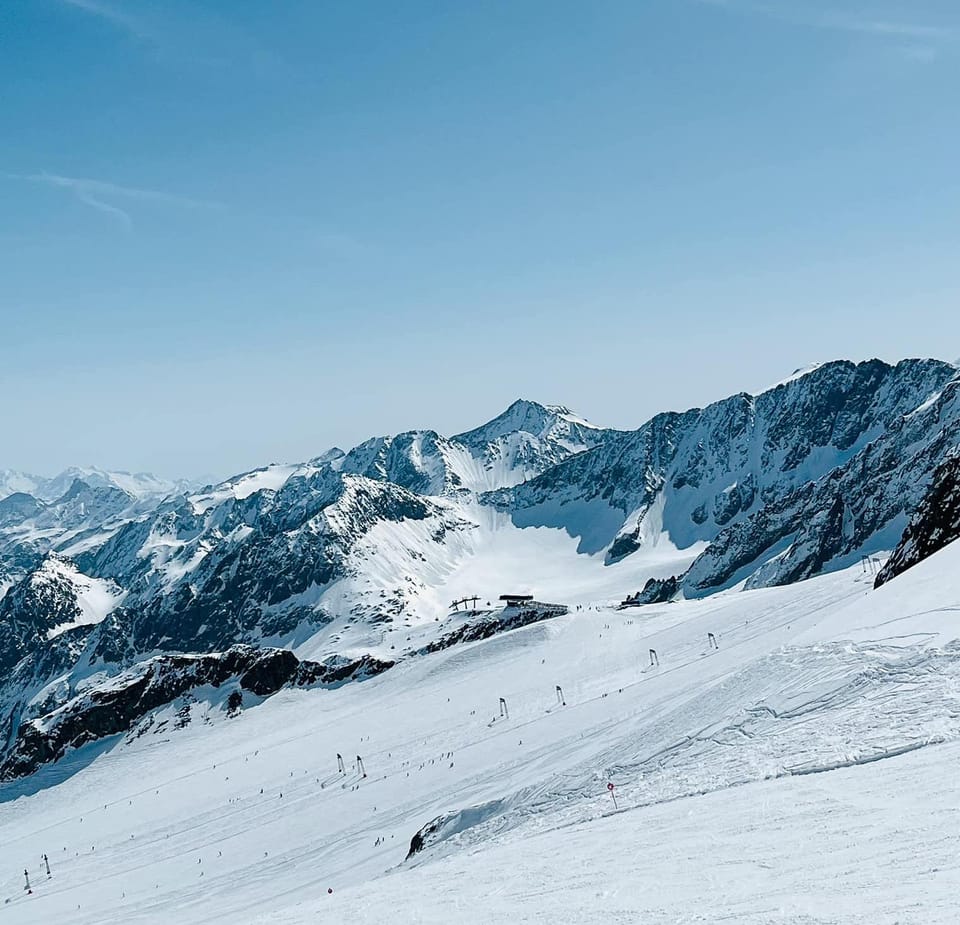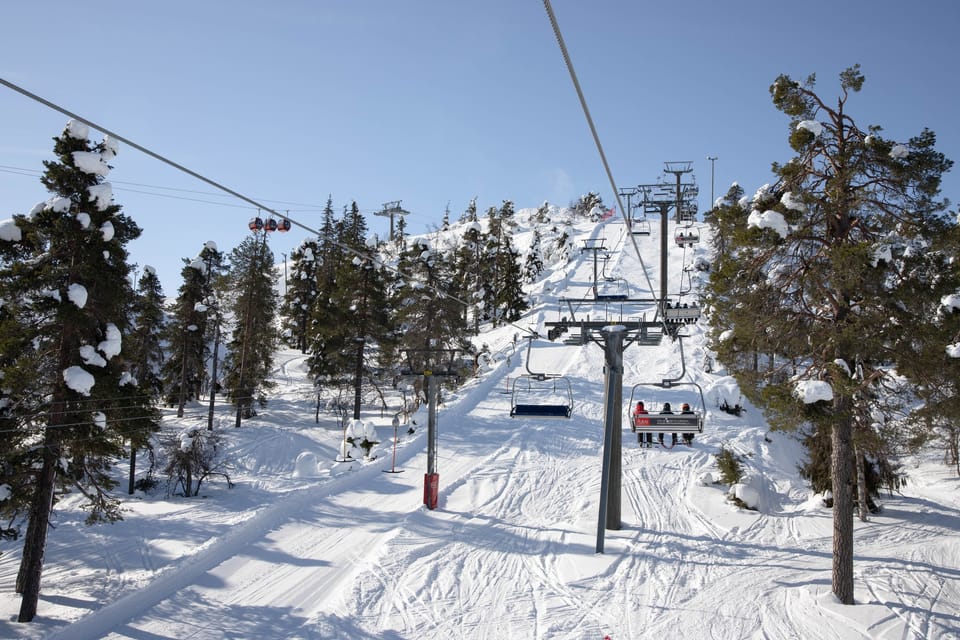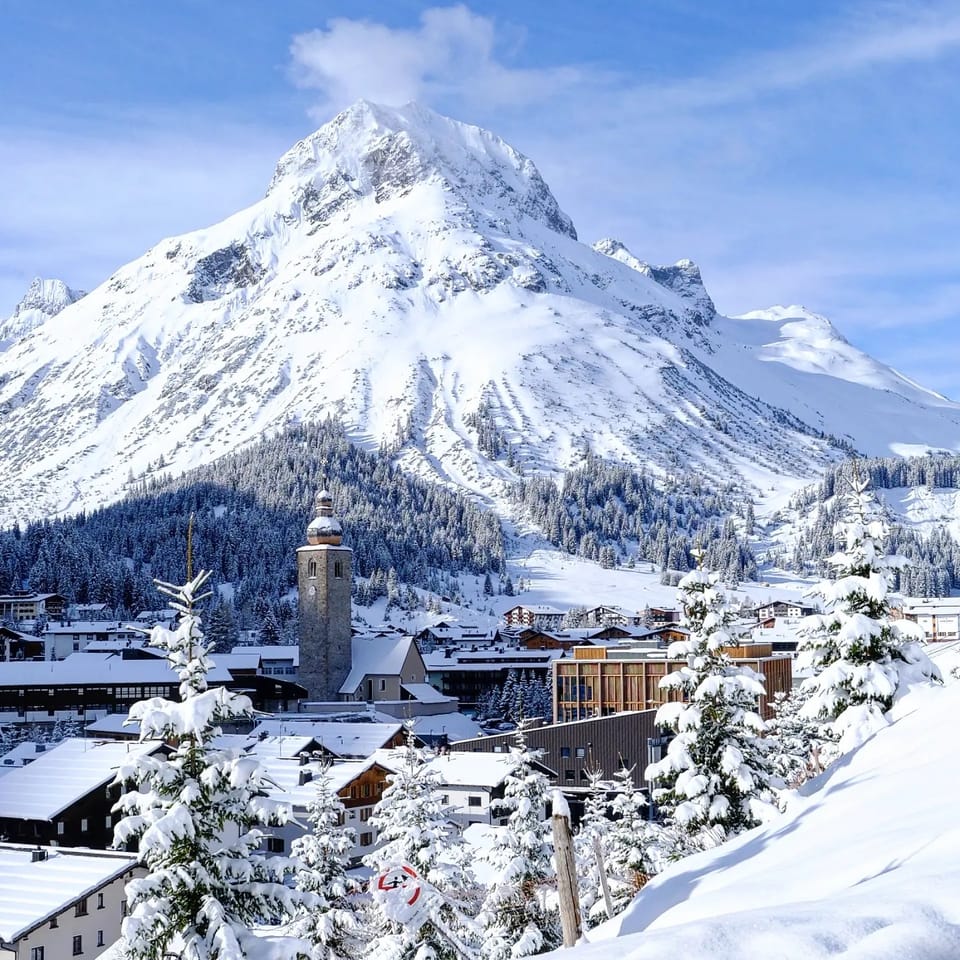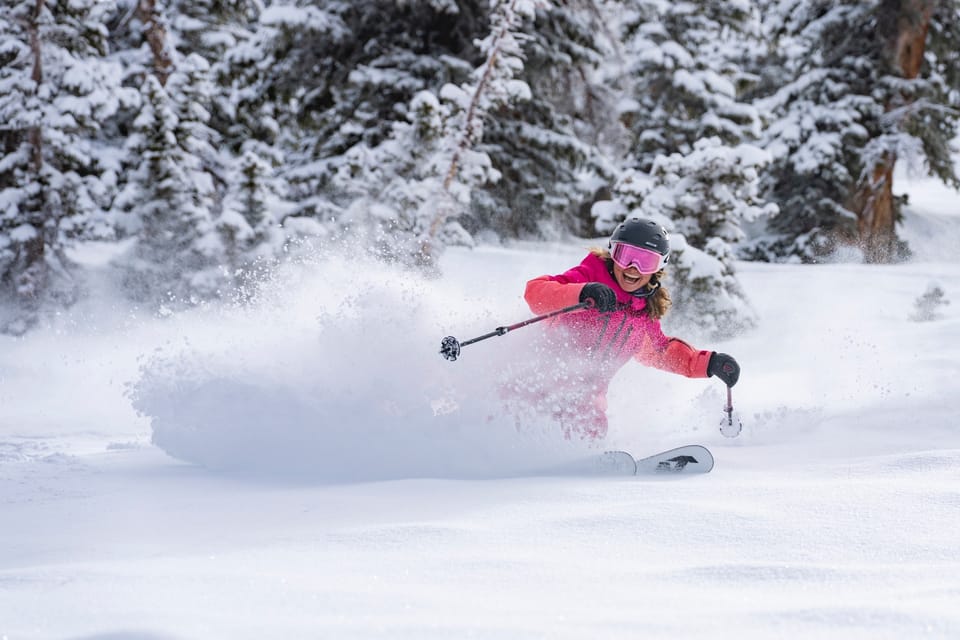French 21-22 Season Business Above Pre-Covid Season Average

France has seen a return to pre-covid business levels at its ski resorts this past winter, and in fact is reporting numbers above the average for the winters prior to the first impacted by the pandemic, 2019-20.
The good results come despite ongoing covid restrictions, particularly in the first half of the season, and the fact that travel from the key oversea ski market of the UK was banned over the peak Christmas/New Year period due to the Omicron surge at the time.
“The season is good, with 4% more skier-days compared to the average for the last three seasons, before Covid-19,” Alexandre Maulin, president of Domaines skiables de France, told French newspaper Le Monde.
The figures cover the period up to the Easter holidays, representing 90% of the winter season. About eight French areas remain open to May 1st and the final two, Tignes and Val Thorens, will close on 8th May. Lift access skiing in France will resume at the end of next month when Les 2 Alpes re-opens for summer skiing.
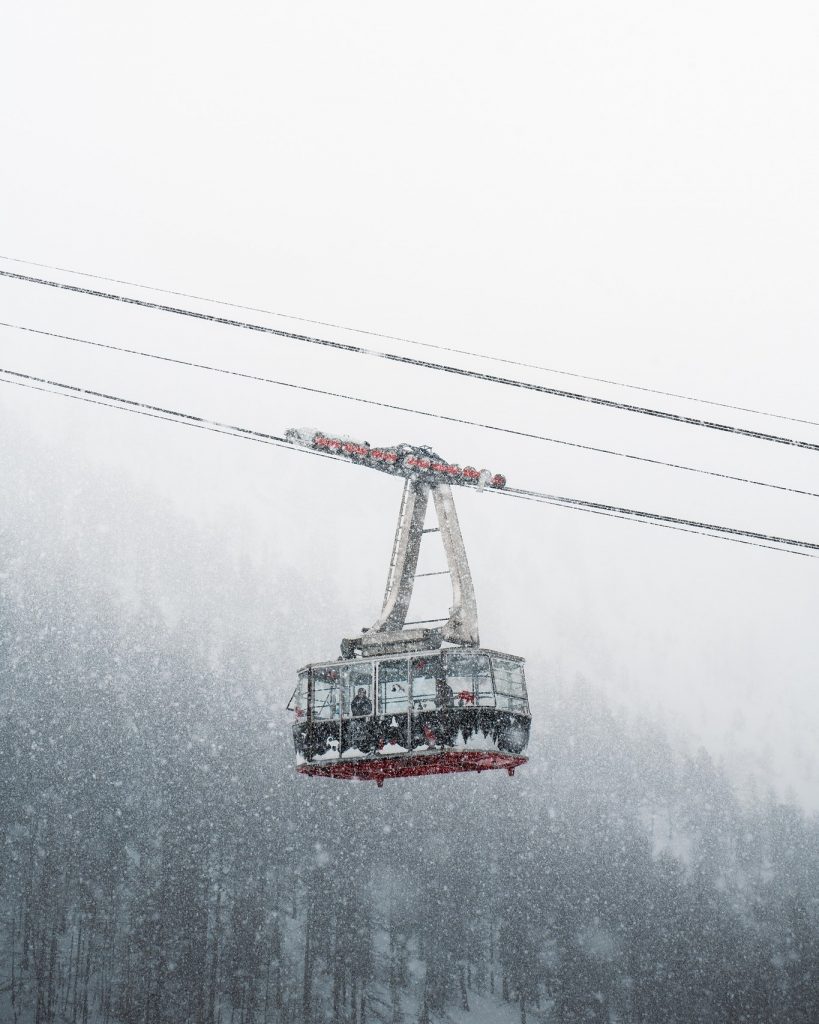
Monsieur Maulin put the successful season down to the sunny weather following good early-season snowfalls, and pent-up demand after the previous two seasons were curtailed and then totally written off. He also noted that some typical French international winter sun destinations remained closed due to covid restrictions and said there was some evidences of people switching their holidays to the mountains.
France and Europe’s largest operator, the Compagnie des Alpes, reported a turnover of €392 million, 11% up on the last full ski season (2018-19). It reported ski pass sales down 5%, attributed to the lack of Brits over Christmas and New Year, but reported that average profit per ticket sold was higher which more than compensated for the lower volume of sales.
Le Monde’s report notes that many French ski area operators were so well compensated for having to close during the pandemic they posted profits despite not operating and that they are now reaping the rewards from winter and summer demand.

